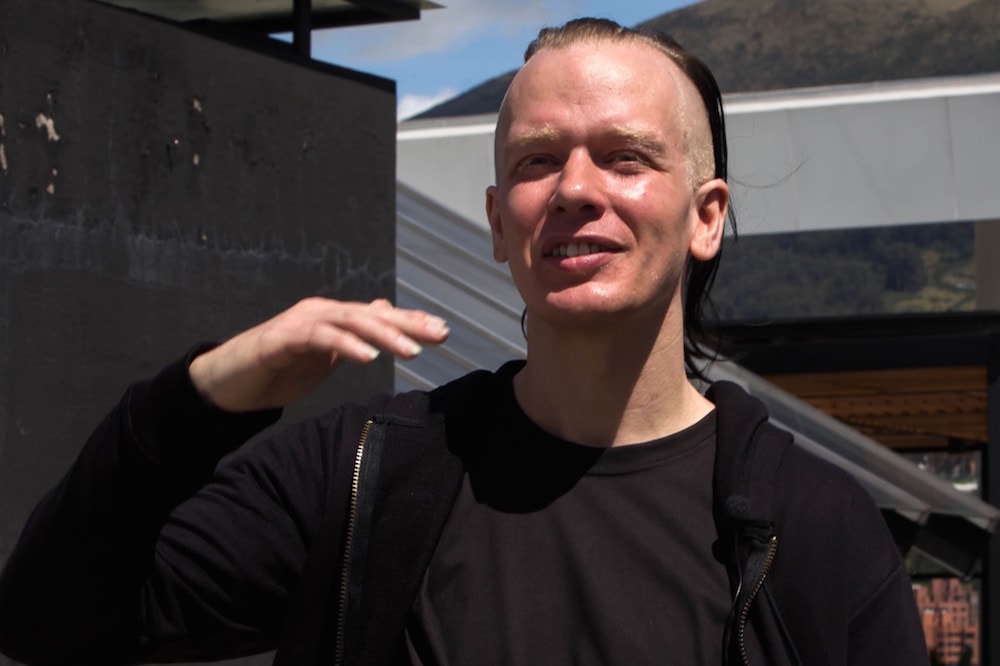Ola Bini is a computer expert and human rights defender recognized worldwide, who is facing a political-judicial process in Ecuador since April 2019. Ecuadorian and international civil society organizations set up a mission to observe the preparatory hearing and trial evaluation of December 3rd, 2020.
This statement was originally published on article19.org on 2 December 2020.
On the other hand, observing this hearing is essential since this process constitutes a paradigmatic case for Ecuador and the region. A judicial decision based on undue political pressures, and not in technical criteria, will have negative consequences for the protection of human rights defenders in general and for the validity of digital rights in particular.4 Internet access is increasingly relevant in all social processes, therefore, to persecute and criminalize activists whose technical knowledge is key to protecting human rights in the digital field, implies a severe increase in the risk of its massive violation.5
We organize this observation mission in order to monitor that the right to a fair trial imparted by an independent and impartial judicial authority is respected and for the decisions taken to meet technical and expert criteria, taking into account the need to ensure the full validity of the human rights inside and outside the digital environment.
Footnotes
1 Amnesty International (AI) has made public its concern regarding such interference: https://www.amnesty.org/es/latest/news/2019/08/ecuador-gobierno-interere-en-proceso-penalcontra-ola-bini/
2 The Electronic Frontier Foundation (EFF) has requested that all political actors refrain from doing public trials: https://www.e.org/es/deeplinks/2019/08/ecuador-political-actors-must-step-away-ola-biniscase. Likewise, the Observatory of Rights and Justice (ODJ) has drawn attention to these statements and their negative effects on judicial independence in this case:
https://drive.google.com/le/d/18LfOSp1XWefCzY7cPuJ7UwnYh56sP9MG/view.
3 Both the United Nations Organization (UN) and the Organization of American States (OAS) have called attention on the detention of Bini (https://www.eluniverso.com/noticias/2019/04/15/nota/7287350/relatorias-onuoea-cuestionan-stopwave-bini). In addition, the United Nations sent a letter to the Ecuadorian government: https://freeolabini.org/es/LetterUN/. For more information, review the following support public reactions: https://freeolabini.org/es/statement/; https://freeolabini.org/es/statement-defensoresDDDD/.
4 The first antecedent about the lack of technical rigor for decision-making happened in the context of the reformulation of charges against Bini. International organizations experts in the field called attention to this in particular: https://freeolabini.org/es/recommended_readings/report/ and https://www.e.org/es/deeplinks/2019/08/telnet-not-crime-unconvincing-prosecution-screenshotleaked-ola-binicase.
5 Others who have spoken out on this issue include the Free Software Association of Ecuador (ASLE), the Association for Progressive Communications (APC), the Documentation Center in Human Rights “Segundo Montes Mozo S.J.” (CSMM), the Standing Committee for Human Rights (CDH), the Regional Foundation for Human Rights Advisory (INREDH) and Indymedia Ecuador. Review: https://www.facebook.com/inredh.derechoshumanos/videos/336202877136352/.
6 The Regional Foundation for Human Rights Advisory (INREDH) is the delegated organization of this mission to attend the hearing as an observer.



